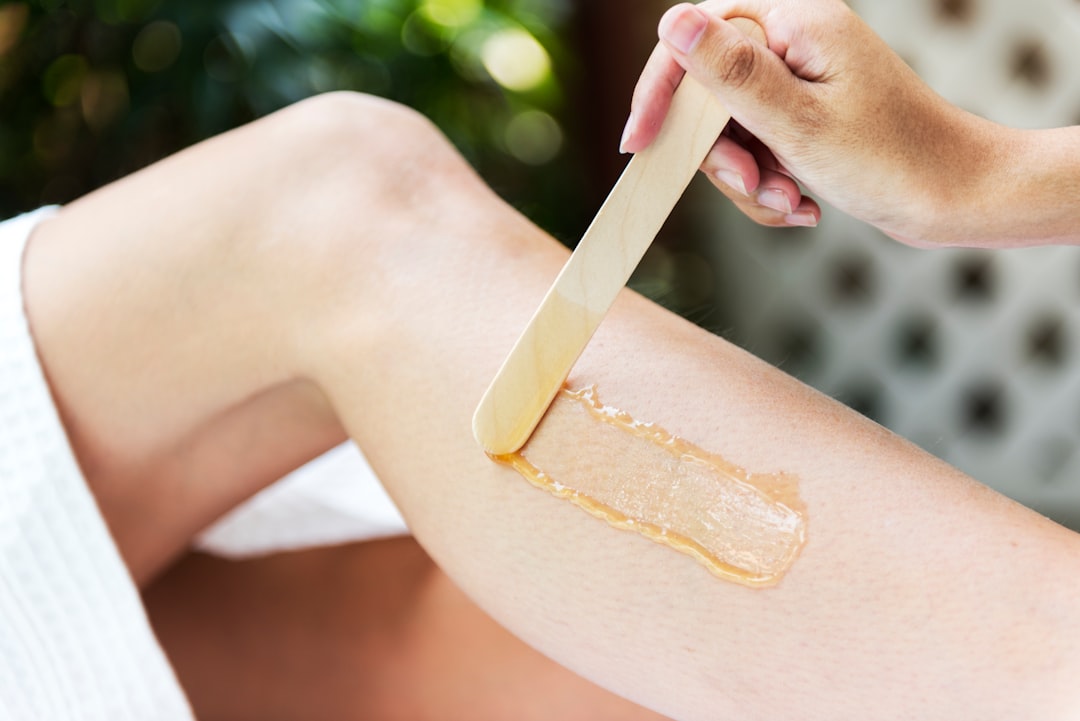Beauty Therapist Kaihaumanu Kanohi
Beauty therapists provide treatments such as facials, massage, laser hair removal, waxing and pedicures.
Beauty therapists can apply for membership of the New Zealand Association of Registered Beauty Professionals.
Beauty therapists may do some or all of the following:
- analyse and treat clients' skin, hair and nails
- advise on face and body care
- apply and sell makeup and skincare products.
Beauty therapists may specialise in:
- face and body treatments such as facials, scrubs, peels and massages
- removing unwanted hair by waxing, electrolysis, and laser treatment
- applying artificial tan
- shaping, tinting and applying eyebrows and eyelashes
- manicures and pedicures (treating and decorating fingernails or toenails)
- massage and reflexology
- cosmetic injections such as Botox.
Clinical aesthetician or aesthetician / clinical injector
To be a clinical aesthetician, or clinical injector, who administers injections, such as botox, you need to be a registered nurse.
To be an aesthetician, who supports those nurses, you need to:
- hold qualifications in beauty therapy, laser treatments, acid treatments and electrolysis
- have at least two years' industry experience and knowledge of cosmetic injections.
Physical Requirements
Beauty therapists need to be:
- neat and tidy, with a high standard of cleanliness
- well co-ordinated with good eyesight (with or without corrective lenses) for detailed work
- reasonably strong, to carry out massages and body wraps, and carry massage tables.
Beauty therapists should not be allergic to makeup or beauty products.
Useful Experience
Useful experience for beauty therapists includes:
- modelling
- customer service or retail work
- volunteer or paid work in a beauty or hair salon, fashion or cosmetics store.
Personal Qualities
Beauty therapists need to be:
- friendly, tactful and patient
- creative and artistic
- organised, and able to work well under pressure
- good at managing their time
- confident about recommending and selling products
- able to work well in a team.
Skills
Beauty therapists need to have:
- knowledge of the human body, and conditions that can affect skin, nails and hair
- understanding of how beauty therapies and nutrition can affect the body
- knowledge of cosmetic ingredients and beauty treatment methods
- an understanding of hygiene, and health and safety regulations
- sales skills.
They also need skills and knowledge in the areas they specialise in such as facials, makeup or nail care and decoration.
Beauty therapists who are self-employed also need marketing and business skills.
Conditions
Beauty therapists:
- usually work long hours including evenings and weekends, and may work shifts
- usually work in beauty salons and stores, or in spas, fitness centres, cruise ships, hospitals, and private homes
- may work with hazardous items such as lasers, liquid nitrogen, hot wax, needles and chemicals
- may travel to training seminars and competitions.
Subject Recommendations
NCEA Level 2 is required to enter tertiary training. Useful subjects include health education, biology and maths.
For Year 11 to 13 learners, trades academies and the STAR and Gateway programmes are good ways to gain relevant experience and skills.
These programmes may help you gain an apprenticeship, but do not reduce the amount of time it takes to complete it.
Beauty Therapists can earn around $50K-$70K per year.
Pay for beauty therapists varies depending on the type of work they do and their hours.
- New beauty therapists usually start on the minimum wage.
- Beauty therapists with more than two years' experience usually earn between $50,000 and $70,000 a year.
- Beauty therapists who specialise as cosmetic injectors, and managers, can earn more.
Those running their own business may earn more than this, but their income depends on the success of the business.
Beauty therapists may receive product discounts, bonuses, commissions and incentives.
Sources: Seek, 2023 and Indeed, 2023.
Beauty therapists may progress to set up their own beauty salons, or move into management roles.
Beauty therapists may become sales representatives or permanent make-up artists (who tattoo hair and facial features).
Beauty therapists can specialise in the following roles:
- Clinical Aesthetician/ Cosmetic injector
- Clinical aestheticians administer cosmetic injections and peels.
- Nail Technician
- Nail technicians treat and decorate clients' nails.
- Tanning Technician
- Tanning technicians offer spray tan services.
Years Of Training
1-2 years of training usually required.There are no specific requirements to become a beauty therapist. However, a certificate or diploma in beauty therapy is recommended.
You can attend a course or complete an apprenticeship and gain a New Zealand Certificate in Beauty Therapy (Level 4). The New Zealand Hair and Beauty Industry Training Organisation (HITO) oversees beauty therapy apprenticeships.

 Westlake Boys High School
Westlake Boys High School